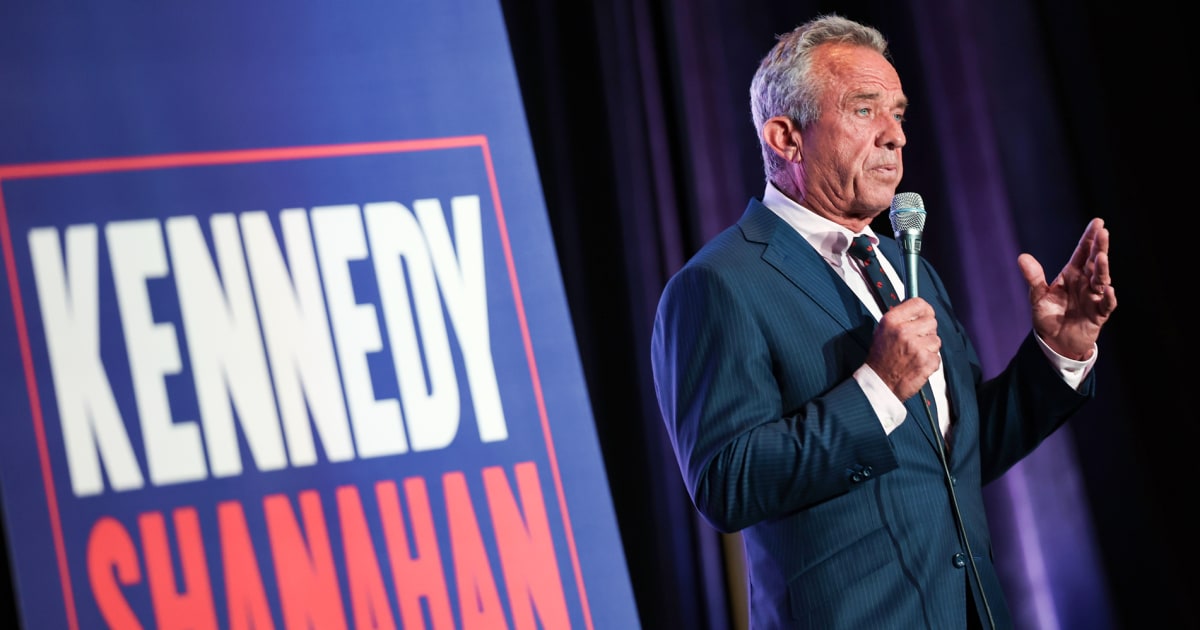In the latest litigation shaping the 2024 presidential election, the Supreme Court of North Carolina split 4-3 to remove Robert F. Kennedy Jr. from the ballot. The decision siding with the former independent presidential candidate was reached by four Republican justices, over Democratic dissent that accused the majority of abandoning its judicial role.
“Neither party in this case disputes that plaintiff submitted a resignation of candidacy,” Justice Trey Allen noted for the majority in an order on Monday. Kennedy suspended his campaign last month and announced his support for Republican nominee Donald Trump.
“Therefore, by law, a vote for plaintiff in this election will not count,” the majority observed, adding that if Kennedy’s name appeared on the ballot, “it could disenfranchise countless voters who mistakenly believe that plaintiff remains a candidate for office.”
The decision could delay the mailing of absentee ballots by several weeks.
The majority acknowledged that expediting the printing of new ballots “will require considerable time and effort by our election officials and significant expense to the State.” But it said that’s “a price the North Carolina Constitution expects us to incur to protect voters’ fundamental right to vote their conscience and have that vote count.”
While there’s a certain logic to that outcome at first glance, the dissenting justices argued that, at best, the majority doesn’t have the right to reach it.
Though he called the majority’s analysis “entirely reasonable,” fellow Republican Justice Richard Dietz wrote in his dissent that the court’s role “is to follow the law as it is written.” He explained that while state law lets a party’s nominee resign at any time before the state sends out ballots, that’s different from having the candidate’s name removed from the ballot.
In separate dissents, the court’s two Democratic justices were less charitable to the majority.
Justice Anita Earls wrote to express her concern
that contravening state and federal laws to satisfy the shifting desires of a particular political candidate and his political party erodes the rule of law and contributes to a loss of faith in the impartiality of the state judiciary.
She said Kennedy sought removal too late, and the court gave him “special treatment.”
Joined by fellow Democratic Justice Allison Riggs, Earls called out Kennedy’s gamesmanship as part of a strategy to get off the ballot in certain swing states while, for example, fighting to stay on the ballot in states like New York.
“The rules of our elections allow such attempted gaming of the presidential election system when done far enough in advance, but it is not fair to the rest of the state to disregard state election laws to accommodate a late-breaking political strategy,” Earls wrote. “Even a second grader knows it is not fair to change the rules in the middle of the game just because you fear you are not winning.”
Meanwhile, going the other way, Kennedy on Monday lost his effort to stay off the ballot in the battleground state of Michigan.
Subscribe to the Deadline: Legal Newsletter for updates and expert analysis on the top legal stories. The newsletter will return to its regular weekly schedule when the Supreme Court’s next term kicks off in October.


Leave a Reply